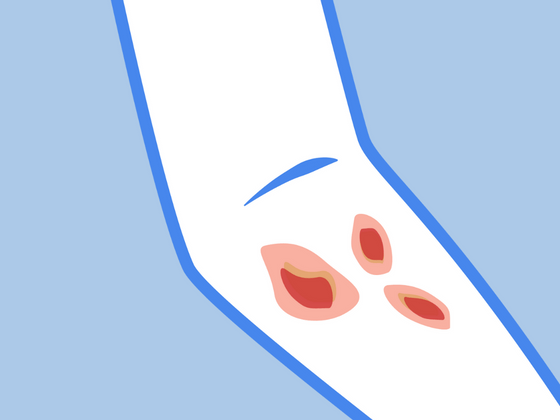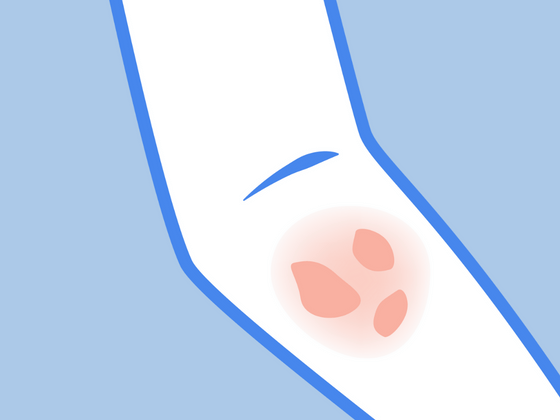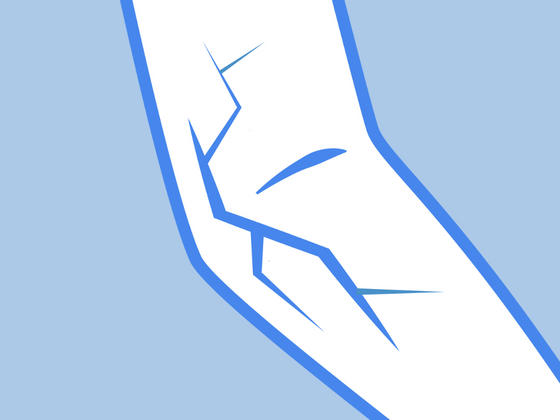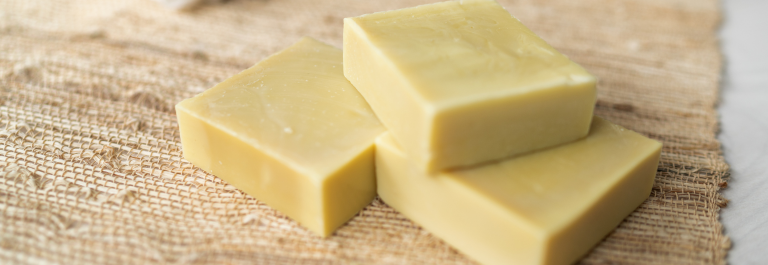Do you suffer from eczema and find yourself constantly battling itchy skin, rashes, and discomfort? Eczema, or atopic dermatitis, is a common skin condition that can be triggered by various factors –including a dust allergy.
In this blog, we're exploring everything related to eczema and dust mites, including:
-
What is a dust mite allergy?
-
Identifying dust mite allergy symptoms
-
Natural ways to manage an allergic reaction to dust mite eczema symptoms
Read on to learn more about the intricate relationship between dust mites and eczema, as well as how you can manage your symptoms effectively using natural treatment methods.
Understanding a Dust Mite Allergy
Dust mites are microscopic pests that thrive in household dust, feeding on dead skin cells and organic matter. These tiny creatures are a common trigger for allergic reactions. But for people with eczema, dust mite allergies can also exacerbate their eczema symptoms. This is because when dust mite allergens come into contact with the skin or are inhaled, they can set off an immune system response. As a result, this can lead to allergy symptoms such as itchy skin, runny nose, nasal congestion, and other respiratory issues.
The Impact of Dust Mites on Eczema
People with eczema have a compromised skin barrier function, making it easier for allergens like dust mites to penetrate the skin and trigger eczema outbreaks. The immune system's response to these allergens can exacerbate eczema symptoms, leading to severe flare-ups. Additionally, the chronic itching caused by eczema can disrupt the skin barrier, making it easier for dust mites to penetrate the skin.
Identifying Dust Mite Allergy Symptoms
Recognizing the signs of dust mite allergies is essential if you have eczema. Common symptoms include:
-
Itching
-
Skin irritation
-
Respiratory issues like sneezing and a runny nose.
These symptoms can range from mild to severe. For some individuals, they may even lead to a severe allergic reaction.
Diagnosing Dust Mite Eczema Symptoms
If you suspect dust mite allergies are aggravating your eczema, seeking professional guidance is crucial. An allergy specialist can perform an allergy skin test, blood test, or other diagnostic methods to confirm the presence of dust mite allergen-specific antibodies. This information will help you and your healthcare provider develop a tailored eczema treatment plan for both conditions.
Managing Dust Mite Allergy and Eczema
So, how can you manage dust mite allergies and eczema effectively? Here are some strategies and reduction measures to consider:
Environmental Control:
It's possible to reduce dust mites in your home by using high-efficiency particulate air (HEPA) filters in your vacuum cleaner, keeping humidity levels in check, and regularly cleaning and dusting your living spaces. Consider using anti-dust mite covers for your bedding and pillows to prevent dust mites from accumulating.
Regular Cleaning:
Since house dust mites can be found in a mattress, in pillows or duvets, and on sheets, it's essential to wash bedding weekly in hot water to kill dust mites and reduce this risk factor for eczema. We recommend using a damp cloth when dusting to prevent dust particles from becoming airborne allergens.
Personal Hygiene
Taking care of your skin can help reduce the uncomfortable effects of eczema, atopic dermatitis, dry skin, and your dust mite allergy. When showering, we recommend using a mild eczema soap like this Tallow Bar Soap with Zinc. It's hypoallergenic and gentle on even the most sensitive skin, making it the perfect choice for people with eczema. Once finished, gently pat dry your skin to avoid aggravating it further.
Keep your Skin Moisturized
Regularly moisturizing your skin with a natural beef tallow cream can help prevent dryness and reduce the risk of eczema flare-ups. We love this Super Dry Soother because of its ability to hydrate rough, cracked, and chapped skin. Made with certified safe herbs, It's effective on babies and adults alike. For parents looking for specialized eczema cream for babies, this is an excellent option.
Medications
Allergy medications can help alleviate symptoms such as runny nose and nasal congestion. Your healthcare provider may prescribe oral medications or allergy shots to manage eczema symptoms.
Avoid Triggers
Identify and avoid other environmental factors that may worsen your eczema, such as certain foods, irritants in skincare products, harsh laundry products (consider using detergent for sensitive skin), and certain fabrics, such as wool, polyester, and nylon.
Consult a Professional
If you notice symptoms of both dust mite allergies and eczema, consult an allergy specialist or dermatologist for a thorough evaluation. They can recommend suitable treatments and strategies to address both conditions, including the right eczema cream for your specific needs.
Tackle your Eczema and Dust Mite Allergy Today
Give these tips and tricks a try to better control your dust mite allergy, prevent an eczema outbreak, and soothe your allergy symptoms today.








